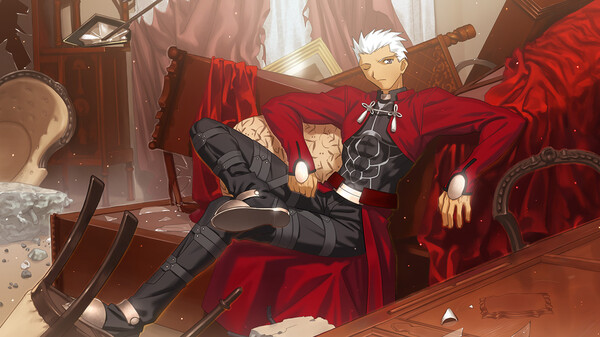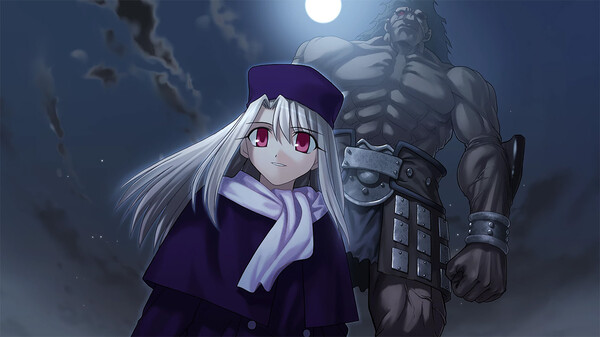Fate/stay night REMASTERED on Steam - User reviews, Price & Information
Seek the root of the Fate franchise. Return to where it all began.
Fate/stay night REMASTERED is a visual novel and anime game
developed by TYPE-MOON and fuzz Inc.
and published by Aniplex Inc..
Released on August 07th 2024 is available only on Windows
in 3 languages: English, Simplified Chinese and Japanese.
It has received 3,143 reviews of which 3,014 were positive and 129 were negative resulting in an impressive rating of 9.2 out of 10. 😍
The game is currently priced at 28.99€ on Steam.
The Steam community has classified Fate/stay night REMASTERED into these genres:
Media & Screenshots
Get an in-depth look at Fate/stay night REMASTERED through various videos and screenshots.
System requirements
These are the minimum specifications needed to play the game. For the best experience, we recommend that you verify them.
- Requires a 64-bit processor and operating system
- OS: Windows 10(64bit)
- Processor: Processor 4th generation Intel Core processor or later
- Memory: 4 GB RAM
- Graphics: intel HD Graphics
- DirectX: Version 11
- Storage: 16 GB available space
- Additional Notes: OpenGL 3.1
User reviews & Ratings
Explore reviews from Steam users sharing their experiences and what they love about the game.
Similar games
View allFrequently Asked Questions
Data sources
The information presented on this page is sourced from reliable APIs to ensure accuracy and relevance. We utilize the Steam API to gather data on game details, including titles, descriptions, prices, and user reviews. This allows us to provide you with the most up-to-date information directly from the Steam platform.
Additionally, we incorporate data from the SteamSpy API, which offers insights into game sales and player statistics. This helps us present a comprehensive view of each game's popularity and performance within the gaming community.
Last Updates| Steam data | 13 September 2025 11:21 |
|---|---|
| SteamSpy data | 15 September 2025 08:12 |
| Steam price | 18 September 2025 04:54 |
| Steam reviews | 16 September 2025 00:03 |
If you'd like to dive deeper into the details about Fate/stay night REMASTERED, we invite you to check out a few dedicated websites that offer extensive information and insights. These platforms provide valuable data, analysis, and user-generated reports to enhance your understanding of the game and its performance.
- SteamDB - A comprehensive database of everything on Steam about Fate/stay night REMASTERED
- SteamCharts - Analysis of Fate/stay night REMASTERED concurrent players on Steam
- ProtonDB - Crowdsourced reports on Linux and Steam Deck Fate/stay night REMASTERED compatibility
























